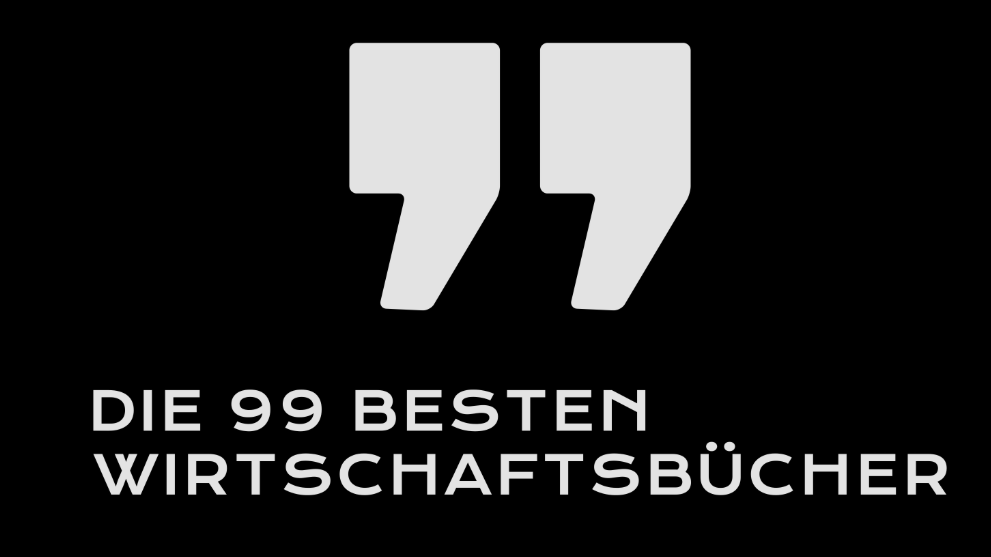Hinweis: Diese Website wird seit Juni 2024 nicht mehr aktualisiert. Hier geht es zur Nachfolgeseite: REBEL MIND BOOKS
Think like a Monk – Jay Shetty
Nach seinem BWL-Studium in London lebt Jay Shetty drei Jahre als Mönch in Indien. Heute lebt er in Los Angeles und läßt alte spirituelle Weisheiten viral gehen: Fast 40 Millionen Menschen folgen ihm in den sozialen Medien.
Hier die Besprechung der englischen Originalausgabe "Think Like a Monk: Train Your Mind for Peace and Purpose Every Day".
Das Buch gibt es auch auf Deutsch "Das Think Like a Monk-Prinzip: Finde innere Ruhe und Kraft für ein erfülltes und sinnvolles Leben".
Think like a monk - Zusammenfassung
"Think Like a Monk" enthält eine Kombination aus alten Weisheiten und Shettys persönlichen Erfahrungen. Das Ziel von "Think Like a Monk" ist es, Menschen dabei zu helfen, die Haltung eines Mönchs auf ihr geschäftiges Alltagsleben anzuwenden.
"It is better to live your own destiny imperfectly than to live an imitation of somebody else's life with perfection." — Bhagavad Gita 3.35
Klammern und loslassen
"Reptiles, birds, and mammals shed their skins, feathers, fur. Letting go is a big part of the rhythm of nature, as is rebirth. We humans cling to stuff — people, ideas, material possessions, copies of Marie Kondo's book — thinking it's unnatural to purge, but letting go is a direct route to space (literally) and stillness. We separate ourselves — emotionally if not physically — from the people and ideas who fill up our lives, and then we take time to observe the natural inclinations that compel us."
Negativität und Ärger
"Monks lead with awareness. We approach negativity — any type of conflict, really — by taking a step back to remove ourselves from the emotional charge of the moment. Catholic monk Father Thomas Keating said, "There is no commandment that says we have to be upset by the way other people treat us. The reason we are upset is because we have an emotional program that says 'If someone is nasty to me, I cannot be happy or feel good about myself.'... Instead of reacting compulsively and retaliating, we could enjoy our freedom as human beings and refuse to be upset." We step away, not literally but emotionally, and look at the situation as if we are not in the middle of it."
Attachments und Losgelöstheit
"When we track our fears back to their source, most of us find that they're closely related to attachment — our need to own and control things (...) A monk mind practices detachment. We realize that everything — from our houses to our families — is borrowed. Clinging to temporary things gives them power over us, and they become sources of pain and fear. But when we accept the temporary nature of everything in our lives, we can feel gratitude for the good fortune of getting to borrow them for a time."
Das Glück in uns selbst
"Material gratification is external, but happiness is internal. When monks talk about happiness, they tell the story of the musk deer, a tale derived from a poem by Kabir, a fifteenth-century Indian mystic and poet. The musk deer picks up an irresistible scent in the forest and chases it, searching for the source, not realizing that the scent comes from its own pores. It spends its whole life wandering fruitlessly. In the same way we search for happiness, finding it elusive, when it can be found within us."
Wenn dir "Think like a Monk" von Jay Shetty gefällt, werden dir auch "Essentialismus" von Greg McKeown, "Konzentriert arbeiten / Deep Work" von Cal Newport und "Genug" von John Naish gefallen. Hier geht es zurück zur Übersicht der besten Wirtschaftsbücher.

